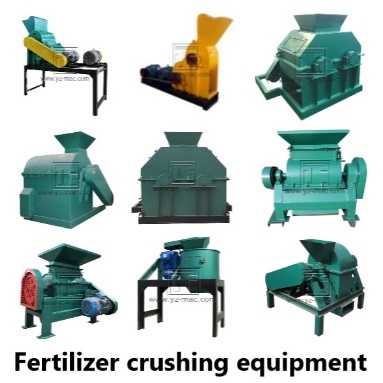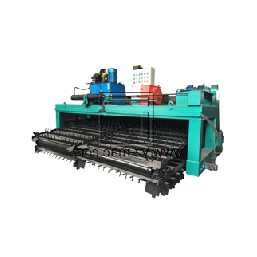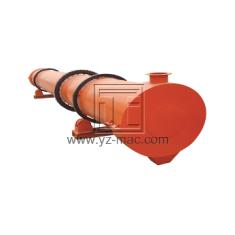Organic fertilizer production line
An organic fertilizer production line is a comprehensive system designed to produce high-quality organic fertilizers from various organic materials. This production line combines different processes, such as fermentation, crushing, mixing, granulating, drying, cooling, and packaging, to transform organic waste into nutrient-rich fertilizers.
Importance of Organic Fertilizers:
Organic fertilizers play a vital role in sustainable agriculture by providing essential nutrients to plants while improving soil health and fertility. Unlike chemical fertilizers, organic fertilizers are derived from natural sources, such as animal manure, compost, crop residues, and organic waste materials. They contribute to the overall sustainability of agricultural practices by reducing dependence on synthetic chemicals, minimizing environmental pollution, and promoting long-term soil productivity.
Components of an Organic Fertilizer Production Line:
Fermentation Equipment: The organic fertilizer production line begins with a fermentation process where organic materials undergo microbial decomposition. Fermentation equipment, such as compost turners or fermenters, facilitate the controlled decomposition of organic matter, converting it into nutrient-rich compost.
Crushing and Mixing Machines: After fermentation, the compost or organic materials need to be crushed and mixed to ensure a homogeneous blend. Crushers and mixers are utilized to break down the materials into smaller particles and mix different organic components uniformly.
Granulation Equipment: Granulation is a critical step in the organic fertilizer production process. Granulators, such as disc granulators or rotary drum granulators, are employed to transform the organic material into granules or pellets. This process improves the nutrient content, enhances storage and transportation efficiency, and facilitates the controlled release of nutrients in the soil.
Drying and Cooling Systems: Once the granules are formed, they need to be dried to remove excess moisture and prevent spoilage. Drying equipment, such as rotary dryers or belt dryers, are utilized to achieve the desired moisture content. Cooling systems, including coolers or cyclones, are then employed to lower the temperature of the dried granules before packaging.
Packaging and Storage: The final step in the organic fertilizer production line is packaging the finished product. Packaging machines, such as bagging machines or automatic packaging systems, are used to pack the organic fertilizers into bags or containers. Proper storage conditions are essential to maintain the quality and effectiveness of the organic fertilizers until they are ready for use.
Benefits of Using Organic Fertilizers:
Improved Soil Health: Organic fertilizers enrich the soil with organic matter, beneficial microorganisms, and essential nutrients. They enhance soil structure, water-holding capacity, and nutrient retention, leading to improved soil health, fertility, and long-term productivity.
Environmentally Friendly: Organic fertilizers are derived from natural sources and contain no harmful synthetic chemicals. They reduce the risk of water and air pollution, minimize the negative impact on ecosystems, and support sustainable agricultural practices.
Balanced Nutrient Release: Organic fertilizers provide a slow and steady release of nutrients, ensuring a balanced supply to plants over an extended period. This reduces the risk of nutrient leaching and helps prevent nutrient imbalances in the soil.
Enhanced Crop Quality: The use of organic fertilizers promotes healthier plant growth, improves crop quality, and enhances the nutritional value of food products. Organic farming practices also contribute to the reduction of pesticide residues in crops, ensuring safer and healthier food for consumers.
An organic fertilizer production line offers a comprehensive solution for converting organic materials into nutrient-rich fertilizers, promoting sustainable agriculture and soil health. By utilizing the components of the production line, including fermentation equipment, crushing and mixing machines, granulation equipment, drying and cooling systems, and packaging and storage facilities, organic materials can be transformed into high-quality organic fertilizers. The use of organic fertilizers supports sustainable agricultural practices, improves soil health, reduces environmental pollution, and enhances crop quality.






